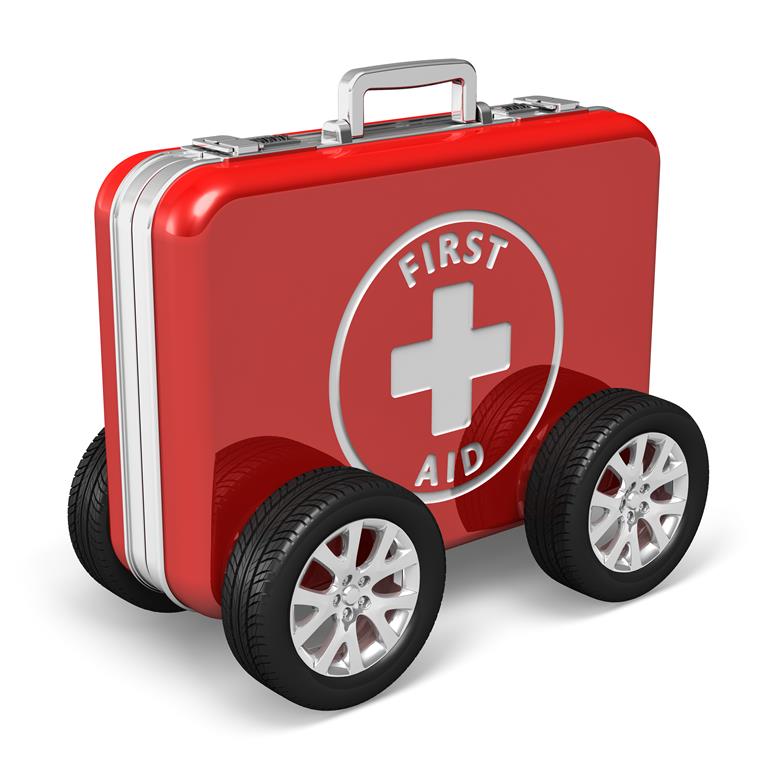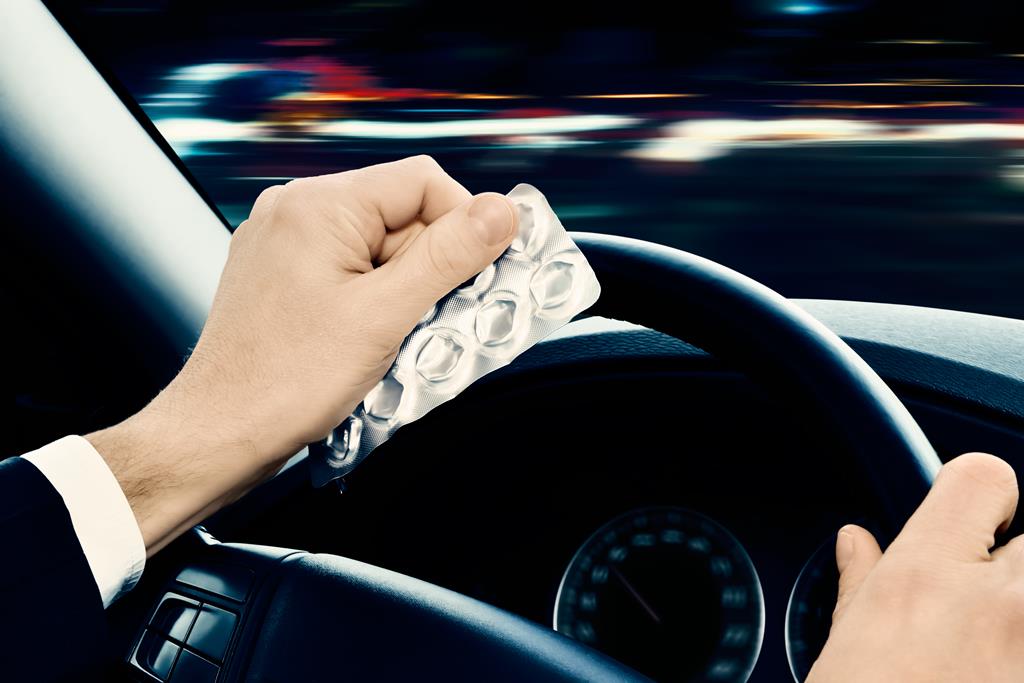Driving Safely with Health Conditions: A Complete Guide
Maintaining your health while on the road is crucial for both your safety and the safety of others. Whether you have existing medical conditions or are perfectly healthy, understanding how to manage your wellbeing during travel can prevent emergencies and ensure a pleasant journey.
Understanding Driving Contraindications: Absolute vs. Relative
People with absolute health contraindications cannot legally obtain a driver’s license. However, many health conditions can progress gradually over time, starting with minor symptoms before developing into serious concerns.
Important health considerations for drivers:
- If you have Stage 1-2 hypertension (which permits driving), monitor your condition carefully to prevent progression to Stage 3, which prohibits driving
- Various medical conditions require ongoing monitoring even after obtaining your license
- Regular medical check-ups are essential for drivers with chronic conditions
Remember that your health status can change, affecting your ability to drive safely. Being proactive about medical monitoring can help you maintain your driving privileges longer.

Managing Existing Health Conditions While Driving
Different health conditions require different management approaches while traveling. Having the right strategy can make driving both possible and safe.
Condition-specific considerations:
- Diabetes: While diabetes itself doesn’t prevent driving, frequent hypoglycemic or hyperglycemic episodes make driving unsafe
- Endocrine disorders: May require specific management strategies and medication schedules
- Cardiovascular conditions: Some heart problems may limit driving capabilities or require medication on hand
When issuing a medical certificate for a driver’s license, doctors evaluate each case individually to determine if driving is permissible with or without restrictions. If you develop a medical condition after obtaining your license, consult with your healthcare provider about safe driving practices and necessary precautions.
Essential Items for Your Road Trip First Aid Kit
Standard vehicle first aid kits typically address common injuries from accidents, but those with health conditions should customize their kits accordingly.
Beyond the basic first aid supplies, consider adding:
- Condition-specific medications based on your personal health needs
- Emergency contact information and medical history cards
- Quick-acting medications for sudden symptom flare-ups
- Extra prescription medications in their original labeled containers
Remember, responsibility for your health while traveling rests primarily with you. Always bring more medication than you think you’ll need, especially when traveling internationally where your specific medications may not be available.
Medication Considerations for Travelers
Proper medication management is crucial for safe travel, particularly for those with existing health conditions.
Medication tips for travelers:
- Verify expiration dates before departure—avoid purchasing medications that expire during your trip
- Pack medications in your carry-on bag, not in checked luggage that might get lost
- Consider time zone changes when planning medication schedules
- Start immunomodulating medications a few days before travel if crossing time zones to combat potential immune system stress
- Bring common medications for unexpected issues like:
- Motion sickness (especially useful for ferry crossings)
- Diarrhea and digestive problems (activated charcoal, Smecta, probiotics)
- Cold symptoms (throat lozenges, cough syrup, fever reducers)
- Pain relief (familiar options you’ve taken before)
Stick with medications you know work for you rather than trying new treatments while traveling.
Health Maintenance Strategies During Long Drives
Extended periods behind the wheel can take a toll on your body, particularly affecting your eyes and spine.
Tips to reduce driving fatigue:
- Take regular breaks every 1-2 hours to rest your eyes and stretch
- Practice eye relaxation techniques during stops by looking at distant objects
- Perform simple stretching exercises focusing on your back, neck, and shoulders
- Consider an orthopedic support cushion for long drives (but avoid continuous use as it may compress internal organs)
- For those with circulation issues in lower limbs:
- Use compression stockings or elastic bandages
- Move your feet and ankles periodically while driving
- Take walking breaks to promote circulation
Protection Against Common Travel Health Issues
Even healthy individuals can experience health challenges while traveling.
Preventing common travel health problems:
- Dehydration prevention: Always carry sufficient drinking water, preferably mineral water, and take small sips every 10-15 minutes during summer driving
- Climate adjustment: Prepare for different environments with appropriate clothing and protective gear
- Immune support: Consider taking immune-supporting supplements before and during travel
- Sleep regulation: Ensure adequate rest before long drives and adjust to new time zones gradually
- Proper nutrition: Pack healthy snacks to maintain energy levels and avoid relying solely on convenience store options

Insurance and Travel Safety Recommendations
Whether you’re in perfect health or managing chronic conditions, proper preparation is essential for any road trip.
Final travel safety checklist:
- Obtain comprehensive travel medical insurance for all trips, especially international travel
- Research medical facilities along your route before departure
- Carry medical alert information if you have specific health conditions
- Learn basic first aid procedures relevant to your health needs
- Keep a list of emergency contacts easily accessible
- Consider sharing your itinerary with a trusted contact who can check in on you
By taking these precautions and properly preparing for your journey, you can enjoy safer and more comfortable travel experiences regardless of your health status.

Published September 15, 2017 • 5m to read





